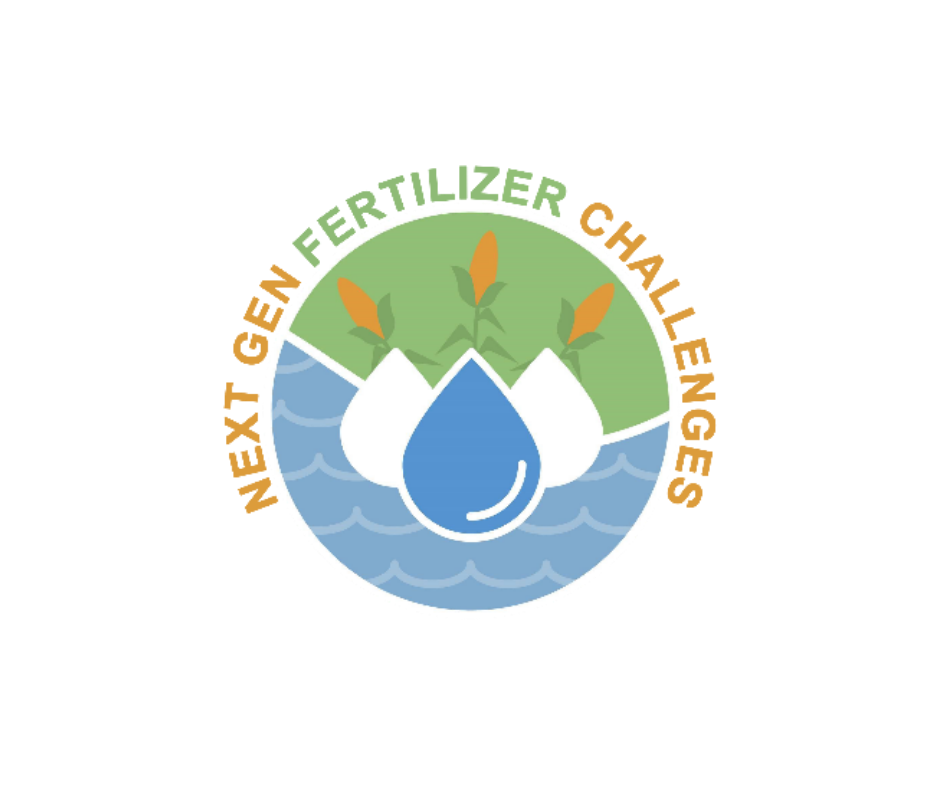
WASHINGTON, Aug. 26, 2020 – Today, The Fertilizer Institute (TFI) joined with the U.S. Environmental Protection Agency (EPA), and the U.S. Department of Agriculture (USDA) in launching the Next Gen Fertilizer Challenges, which aims to accelerate the development of innovative fertilizer product technologies and to increase the use of existing enhanced efficiency fertilizers (EEFs) that maintain or increase crop yields and reduce environmental impacts to air, land, and water.
“Today’s fertilizer industry is built upon decades of innovation that have led us to a modern and efficient supply chain that has helped farmers increase yields while fine tuning their fertilizer use,” said Corey Rosenbusch, TFI President and CEO. “However, there is always improvement to be made, which is why we are excited to partner with the federal government and others in this challenge to spur the industry’s creativity in finding sustainable solutions for tomorrow’s fertilizer industry.”
Fertilizers facilitate the growth of crops at yields that provide sustained global food production. However, nitrogen and phosphorus fertilizers applied without consideration of the principles of 4R Nutrient Stewardship (source, rate, time, and place) can have harmful effects on environment and human health. EEF and other new product technologies and formulations control fertilizer release or alter reactions that can increase nutrient uptake by the plant and reduce nutrient losses to the environment. EEFs and other related technologies can be an important addition to a conservation practice system that helps reduce row crop agriculture impacts on the environment, while maintaining or increasing agricultural productivity and profitability.
The EEF Partnership and Competition includes two challenges. The EEFs: Environmental and Agronomic Challenge and the Next Gen Fertilizer Innovation Challenge. Submission details are available on the EPA website and winners will be announced in December 2020 (Existing EEFs) and February 2020 (Next Gen Fertilizer Innovation).
- EEFs: Environmental and Agronomic Challenge: This challenge aims to identify existing EEFs currently on or near-market that meet or exceed certain environmental and agro-economic criteria. Submissions are due October 30, 2020.
- Next Gen Fertilizer Innovations Challenge: This challenge aims to identify concepts for novel technologies for fertilizers that can reduce the environmental effects from modern agriculture while maintaining or increasing crop yields. Submissions to the Next Gen Fertilizer Innovations Challenge are not near-market and may include EEFs and other product technologies used with or in combination with commercial fertilizers. Submissions are due November 30, 2020.
Winners of the EEFs: Environmental and Agronomic Challenge will receive scientific evaluation and recognition from EPA, USDA, and other partners and participants; advancement to a greenhouse trial; and, pending greenhouse trial results and available funds, advancement to field trials.
Winners of the Next Gen Fertilizer Innovations Challenge will receive a minimum award of $10,000 per winner from a total prize purse of $40,000 and be invited to a showcasing event, where winners of both challenges will share ideas and spark innovation.
An informational webinar is scheduled for September 24, 2020. Registration details are available on the EPA website.
EPA and USDA are working in collaboration with TFI, the International Fertilizer Development Center (IFDC), The Nature Conservancy (TNC), and the National Corn Growers Association (NCGA). The challenges were developed with input from stakeholders such as corn grower representatives, fertilizer companies, university researchers, and environmental and industry NGOs.
#
The Fertilizer Institute (TFI) is the leading voice of the nation’s fertilizer industry. Tracing its roots back to 1883, TFI’s membership includes fertilizer producers, wholesalers, retailers and trading firms. TFI’s full-time staff, based in Washington, D.C., serves its members through legislative, educational, technical, economic information and public communication programs. Find more information about TFI online at TFI.org. Learn more about TFI’s nutrient stewardship initiatives at nutrientstewardship.org.



